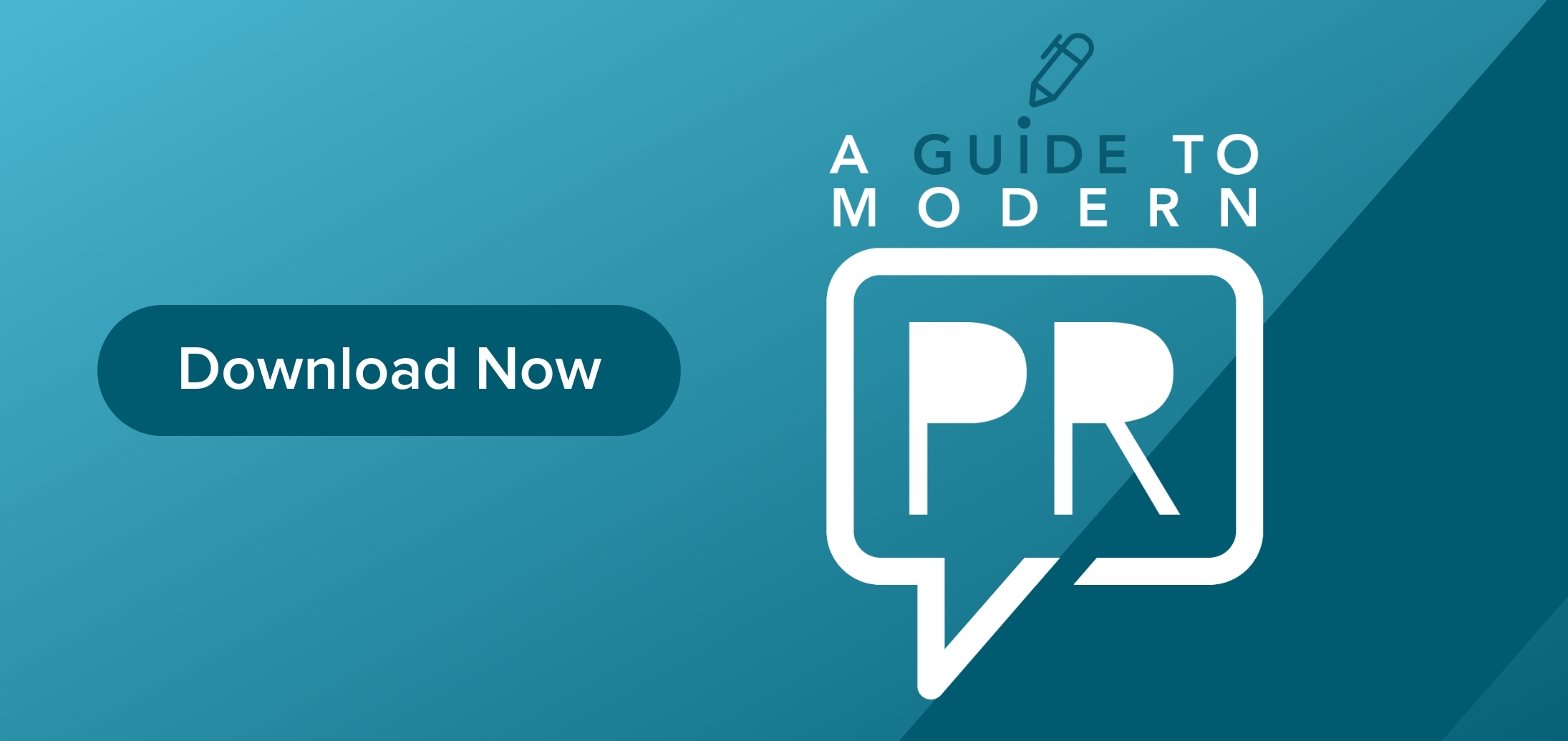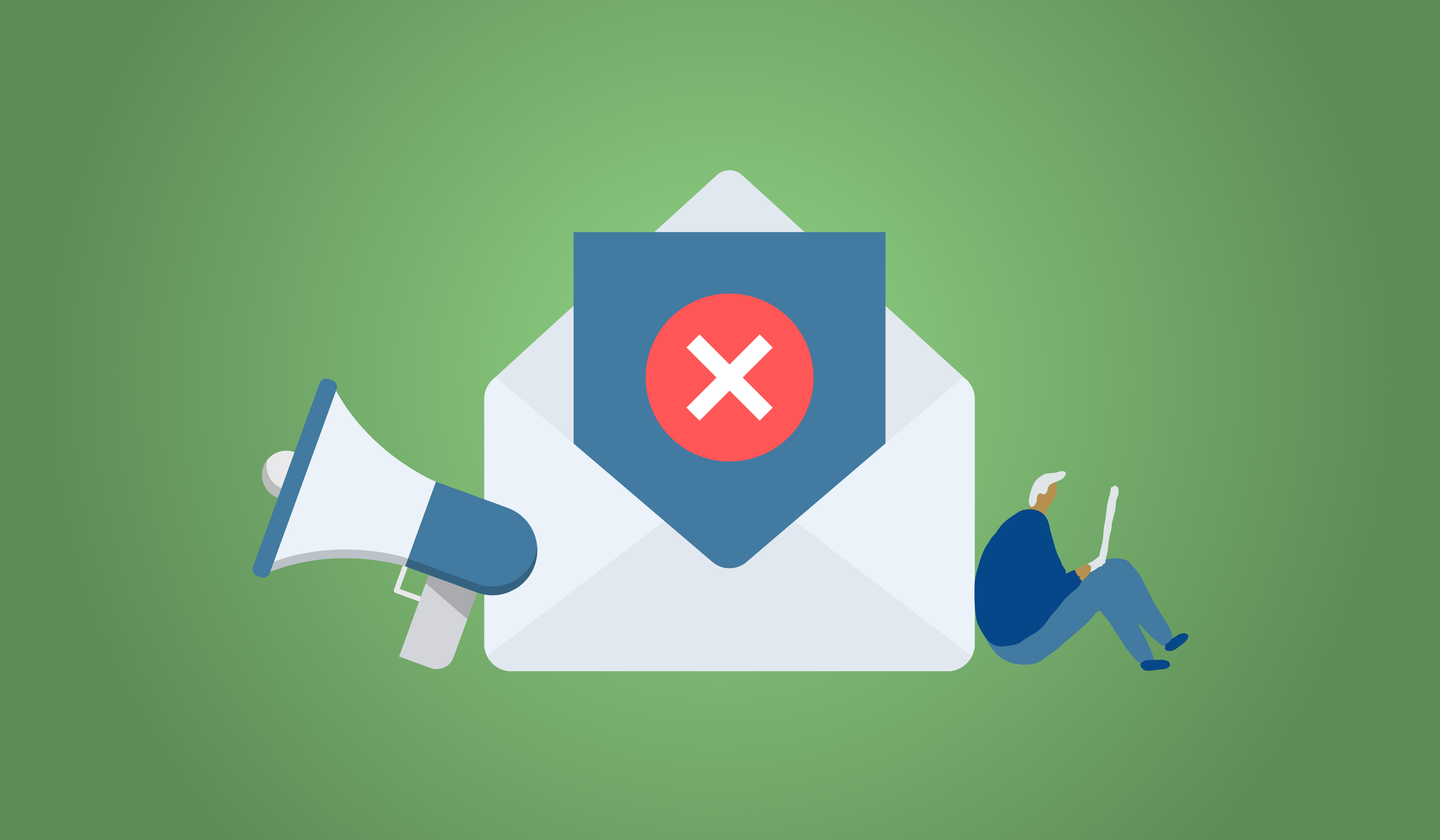Press mentions are an important part of a great content marketing strategy. When journalists, publications, or other industry leaders mention you or your company in their coverage, they're pointing to you to provide crucial information and expertise to their readers. From a full-feature story to a quote from your CEO, press mentions can be transformative for your business.
First, they can build credibility and awareness in front of your industry and target audience. Third-party validation is oftentimes more powerful than any paid content you could put out there.
Second, if a publication mentions you or your company, it can extend your brand positioning and expose you to a new audience that you might not have been reaching before.
But to achieve these results, you have to get your PR pitches accepted and participate in an interview with a reporter or editor to be included in the final story. According to "The State of Digital Media 2021," 95% of journalists publish at least one press mention every week, so the opportunity is there. But you have to cut through the influx of pitches that publication editors and journalists receive, understand what insights your target publication is looking for, and provide true value during the interview. If you don't? Your quotes won't be included in the final story, and you'll miss out on those precious PR opportunities.
—
Want to learn more about what publications want?

—
5 Common Reasons Press Mentions Aren't Picked Up
If you've tried to secure press for yourself or your business and have gone through the interview process but you didn't get included in the final story, you know how frustrating that can be. After all, press mentions are never guaranteed, as a lot can happen between the interview stage and the story's publication.
To help you learn from those experiences and secure press mentions in the future, I've outlined five common reasons publications don't mention companies or individuals in their stories. For each one, I've also offered some advice for addressing that problem to increase your chances of success.
1. You weren’t able to disclose client names.
If you have a non-disclosure agreement with your clients, you might have skirted away from giving real-life case studies to the journalist. However, even if you can’t disclose names, it’s still crucial to be specific with your examples. Talking in vague language doesn't give the journalist much insight into your credibility. For example, one major financial publication once told a client of ours, "The only reason it was a short interview was that he couldn't give any details.”
How to fix it: Before the interview, identify a couple of clients you can mention on the record with journalists. PR doesn't just help your brand — if a reporter can also include a mention of your client, you both win.
2. Your ideas weren’t 'newsy' enough.
Unfortunately, there are times when an interview is fascinating to us but the reporter has already heard, learned, or read about the topic elsewhere. As the subject matter expert, your job for the interview is to provide timely, unique insights or perspectives. You also have to provide a sense of the larger narrative beyond what is important to your individual company. Prepare to discuss how your story or insights fit into wider industry concerns or social issues.
How to fix it: Stay on top of your industry. Read what other people are saying about your areas of expertise to help you form your key messages. It’s your role as the subject matter expert to understand the trends in your world and provide your unique perspective — backed by data and real-world examples.
3. You missed the deadline.
Reporters and publication editors have a lot going on, so if you miss a deadline, your press mention will be an easy cut for them to make. This is one of the most common mistakes we see. Journalists and editors are on strict deadlines, so you need to meet (or even exceed) every deadline.
How to fix it: Communicate with your PR strategist on best practices for completing urgent or quick-turnaround interviews on time. Provide your PR strategist with a phone number to call or text when there is a timely interview. Or if it's an email interview, ask your PR strategist whether you can hop on a call with them to talk through your answers if you prefer to voice your responses rather than type them out.
If something unavoidable comes up on your end, it's better to decline the interview due to a conflict than to turn it in late — you don't want to develop a reputation as a source who isn't reliable. This also gives the reporter an opportunity to reach out to other sources instead of relying on you to deliver and then not getting a response in time.
4. Your answers promoted your business too heavily.
Some reporters and publications have told our media relations team that they shy away from working with vendors because they tend to be more promotional in their responses. Journalists will hesitate to include any quotes with even the faintest hint of promotional language. If your answers are thinly veiled ads, your insights most likely will not be included in the article. Plus, if reporters are reviewing answers from multiple sources, they might be likelier to go with a consultant, whose expertise can be more educational than a vendor's.
How to fix it: I once heard from a reporter, "I'm hesitant to mention your client because his answers focused more on being a good product instead of how it's a good example of best practices for the industry.” To avoid this, think about how you could reframe your message away from the products or services your company provides and focus on providing educational value.
5. Your statements couldn’t be backed up by data.
As a subject matter expert, you know your industry, but unless you can back up your claims and insights with recent data or real-world examples, your quotes will lose validity. Your insights should align with a trend or current research finding while also providing a unique perspective or quote that the reporter hasn't heard before.
How to fix it: When crafting your key messaging before the interview, find ways to include stats supporting your ideas, and make sure the statistics are valid and not decades old. A best practice is to only use data from within the past two years.
Press mentions can be difficult to achieve, but they are well worth the effort. Follow these tips to increase your chances of securing mentions in the publications that your target audience reads and loves.
To learn more about how you can use PR to generate results for your business, download your free guide below!









